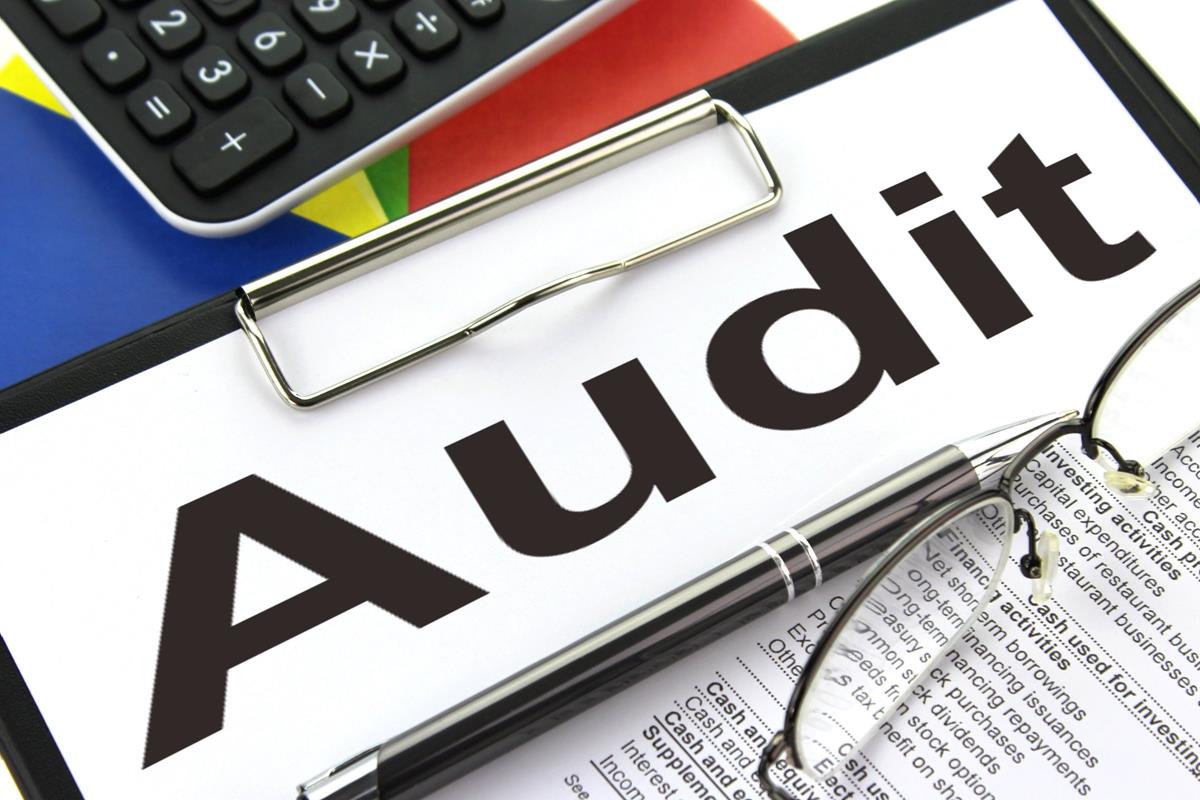Evaluate the effect of dealing with uncorrected misstatements
Introduction:
The accurate presentation of financial information is critical for decision-making by stakeholders in any organization. However, the presence of uncorrected misstatements can significantly impact the reliability and integrity of financial statements. In this article, we delve into the effects of dealing with uncorrected misstatements in financial reporting, examining the consequences for stakeholders and the measures to address them effectively.
Stakeholder Confidence and Trust:
One of the most immediate effects of uncorrected misstatements is the erosion of stakeholder confidence and trust. Investors, creditors, and other stakeholders rely on financial statements to assess the financial health and performance of a company. When misstatements go uncorrected, it raises doubts about the accuracy and transparency of the financial reporting process. This can lead to diminished trust in the organization, affecting its ability to attract investment, secure financing, and maintain positive relationships with stakeholders.
Impact on Decision-Making:
Uncorrected misstatements can distort the true financial position and performance of a company, leading stakeholders to make uninformed decisions. Investors may misinterpret the company’s financial health, resulting in inappropriate investment decisions that could lead to financial losses. Creditors may extend credit based on inaccurate information, exposing themselves to higher levels of risk. Additionally, misstatements can affect market perceptions, leading to volatility in stock prices and undermining market efficiency.
Legal and Regulatory Ramifications:
Failure to address uncorrected misstatements can have legal and regulatory consequences for companies and their management teams. Non-compliance with accounting standards and regulatory requirements may result in fines, penalties, and legal proceedings. In extreme cases, allegations of fraud or misconduct may arise, damaging the organization’s reputation and subjecting individuals to civil or criminal liability. Therefore, addressing misstatements promptly is essential to mitigate legal and regulatory risks.
Financial Repercussions:
Uncorrected misstatements can have financial repercussions for companies, affecting their profitability, valuation, and access to capital. Inaccurate financial reporting may lead to misallocation of resources, increased borrowing costs, and decreased investor confidence. Moreover, the discovery of misstatements after the fact can necessitate restatements of financial statements, which can be time-consuming and costly. This can further damage the company’s reputation and shareholder value.
Measures to Address Uncorrected Misstatements:
To mitigate the effects of uncorrected misstatements, companies must implement robust internal controls and procedures to detect and rectify errors promptly. This includes regular reviews of financial data, independent audits, and oversight by management and the board of directors. Companies should also foster a culture of transparency, accountability, and ethical conduct to prevent misstatements from occurring in the first place.
Auditors play a critical role in identifying and addressing misstatements through their independent examination of financial statements. They must exercise professional skepticism and diligence in their audit procedures to uncover errors and assess the effectiveness of internal controls. Auditors should communicate any identified misstatements to management and the audit committee, recommending appropriate corrective actions.
Conclusion:
Dealing with uncorrected misstatements in financial reporting requires a proactive and comprehensive approach to safeguard the integrity and reliability of financial information. By addressing misstatements promptly, companies can preserve stakeholder confidence, enhance decision-making, and mitigate legal and financial risks. Through effective internal controls, independent audits, and a commitment to transparency, organizations can maintain trust and credibility in their financial reporting practices.
